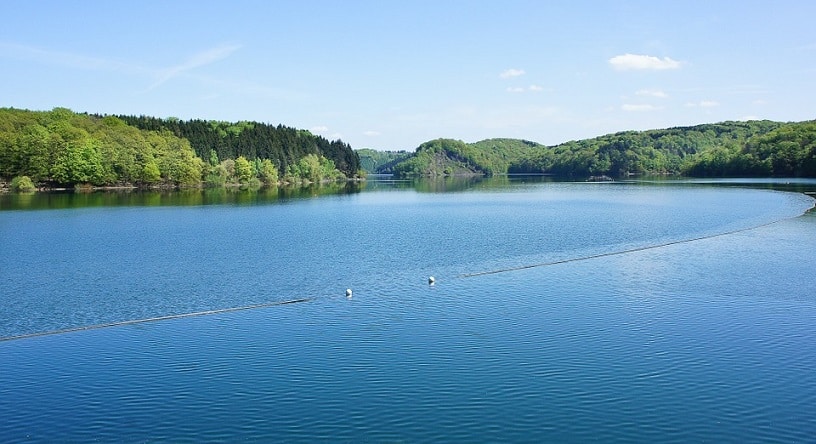Virtually every educated person knows by now that there is a global fresh water crisis, and that if we do not do something about it toot-sweet we will be in dire straits within a mere two decades.
Research has come up with some innovative ideas as to how to resolve this problem however, and if all parties actually came to the party, we could easily win this battle against the global freshwater crisis.
Better Government Policies / Regulations: Water scarcity complicates pollution and results in food insecurity, which means that it is incumbent on governments to redefine their role and to ensure more protections are in place as regards the dumping of waste discharges into fresh water sources. Governments also need to ensure that there are sufficient regulations in place regarding water pollution and treatment and must ensure that these policies are adhered to by all. It is up to governments to ensure that there is sufficient clean water and that communities have access to potable water.
Corporate Water Footprinting / Sustainable Manufacturing: Approximately 22% of global water consumption can be attributed to industrial use. The corporate water footprint includes water that is both directly and indirectly consumed during the production of goods. Sustainable manufacturing practices are vital and all corporates and manufacturers must ensure that they have the smallest water footprint possible. One of the highest-cost sectors is that of bottled water.
International Policy Frameworks / Institutional Cooperation: While there are many binding international accords covering natural resource issues, they are difficult to achieve. The freshwater crisis is the most visible of the climate change risks, yet it seems that many countries are still failing to adhere to agreed-upon accords. Regional agreements regarding transboundary or shared water bodies are difficult to ratify but countries need to keep on trying – it is hoped that the U.N.’s drinking water Millennium Development Goals will help this happen.






